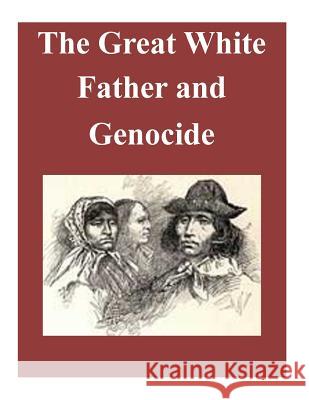The Great White Father and Genocide » książka
The Great White Father and Genocide
ISBN-13: 9781500940492 / Angielski / Miękka / 2014 / 54 str.
This book examines the genesis of the term genocide, presents the widely accepted formal definition, and illustrates examples of the characteristics of genocide. As an illustration for better understanding, this book examines the relationship between the United States of America and the Cherokee Indian Nation in their struggle first for sovereignty and then their attempt at assimilation. Though the book leads the reader through injustices dealt to the Cherokee Indian, it ultimately explains why genocide is not the applicable term to use to describe the natural progression of civilized culture. The United States is the world's only remaining superpower. Because of this, the eyes of the world constantly examine this country's actions and evaluate their merit. In order to remain in positive light military operations, as an extension of government policy, must be executed by military leadership that understands genocide, can recognize the patterns that can result in genocidal activities and how they can impact the mission. Armed with the understanding of genocide and how foreign countries view the United States, military commanders can better articulate the purpose of their operations in order to project the best possible message to the world audience and remain disassociated from the negative connotations associated with accusations of genocidal activities.
Zawartość książki może nie spełniać oczekiwań – reklamacje nie obejmują treści, która mogła nie być redakcyjnie ani merytorycznie opracowana.











